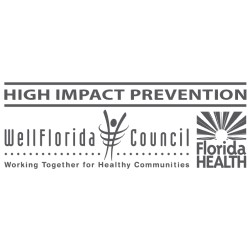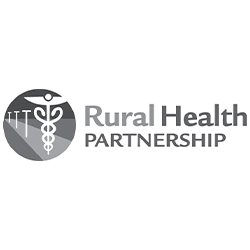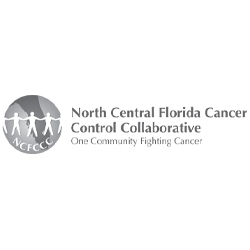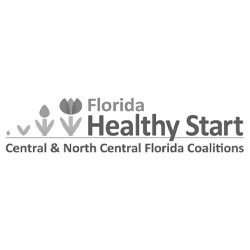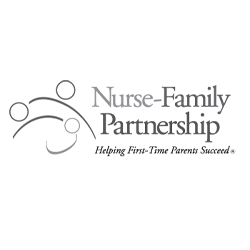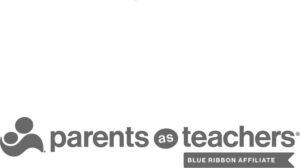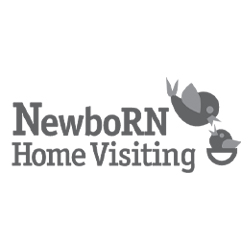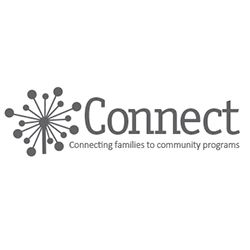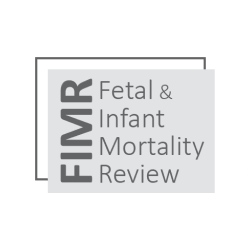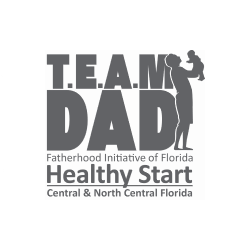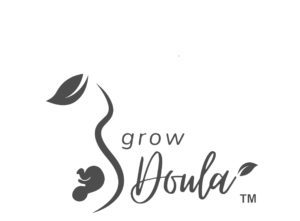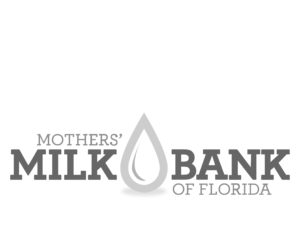As second year of Affordable Care Act enrollment nears, reaching uninsured poses a challenge
Gainesville Sun
By Christopher Curry
As the second year of Affordable Care Act enrollment nears, reaching the remaining uninsured might pose a significant problem.
Open enrollment begins Nov. 15 and runs through Feb. 15.
In Gainesville, federally funded navigators who assist people with understanding health care coverage options under the Affordable Care Act will begin working with the public Thursday at the Cone Park public library and regularly hold sessions at county libraries over the next few months.
Lauren Vagelakos, the project coordinator for the navigator program that the nonprofit WellFlorida Council oversees in 15 North Central Florida counties including Alachua and Marion, said that many uninsured continue to lack accurate information about the coverage under the federal health care law.
“The big problem that we see is a lot of people aren’t paying attention,” Vagelakos said.
A recent survey conducted by the nonprofit Kaiser Family Foundation, a nonprofit health policy research group, shed some light on the lack of awareness. In it, 89 percent of the uninsured people polled did not know that the second round of enrollment starts Nov. 15. Seventy-six percent of them said they did not know when enrollment began, while 13 percent gave the wrong date.
Sixty-six percent said they knew “only a little” or “nothing at all” about the health care marketplaces through which insurance is purchased, and 53 percent of the uninsured knew about the tax subsidies available to assist low- and moderate-income individuals purchase insurance.
Vagelakos said there is often a lack of accurate information about the federal assistance and penalties associated with the law. She said that many uninsured people are unaware that they qualify for financial assistance even though 91 percent of the people who signed up in Florida last year received some level of subsidy.
Then there are the penalties. For those who do not purchase coverage and are not exempt for income reasons, the penalty rises this year and continues to increase in the future.
Last year, the penalty for an individual was 1 percent of income above the taxing threshold or a $95 flat fee — whichever is higher. The household cap for a family was $285.
This year, the penalty rises to 2 percent of income, or $325 per person — whichever is higher. The household cap is $975. Next year, the penalty goes up again to the higher between 2.5 percent of income or a $695 per person fee for individuals. After that, it continues to rise based on inflation.
Vagelakos said the penalty rises over time until it is roughly equal to the amount a person would pay to buy insurance.
David O’Malley is an organizer with Enroll America, a nonprofit group that does outreach in 11 states that rejected the Medicaid expansion to encourage people to sign up for coverage under the Affordable Care Act. O’Malley said the group has regularly had an information table in front of the downtown library, had representatives at the recent Gainesville Pride Festival and soon will start scheduling enrollment events. The goal is to reach the uninsured, but O’Malley said the task has grown more difficult after one year of enrollment.
“We go everywhere we can to find people that lack health insurance,” O’Malley said. “The uninsured are more difficult to find. They tend to be people who are very busy. A lot of them work two jobs just trying to make ends meet.”
O’Malley said the group did get 100 contact cards at the Pride Festival from people who wanted follow-up information on enrollment. He said Enroll America found that for multiple groups of uninsured people, particularly young people, African-Americans and Latinos, follow-up meetings or contacts were often needed before they signed up for insurance.
He said that people who got face-to-face assistance were twice as likely to enroll as those who attempted to sign up online.
Facts
Calendar available at http://ncfnavigators.org
Upcoming Navigator availability in Alachua County: – Thursday: Cone Park library 1 p.m.- 4 p.m., 2841 E. University Ave. – Monday: Alachua branch library, 11a.m.-7 p.m., 14913 NW 140th St, Alachua – Monday: Tower Road Library, 1 p.m.-7 p.m., 3020 SW 75th St.
Contact information for navigator programs
Alachua County (Gainesville)
Contact: Suwannee River AHEC, 386-292-2947
Alachua County (non-Gainesville)
Contact: Suwannee River AHEC, 317-7261
Bradford and Union Counties
Contact: Suwannee River AHEC, 904-796-7096
Columbia County
Contact: Lake Shore Hospital Authority, 386-984-7637
Dixie, Gilchrist and Levy Counties
Contact: Palms Medical Group, 441-0769
Hamilton, Lafayette and Suwannee Counties
Contact: Suwannee River AHEC, 386-249-4260
Marion and Sumter Counties
Contact: Heart of Florida Health Center, 359-2519

